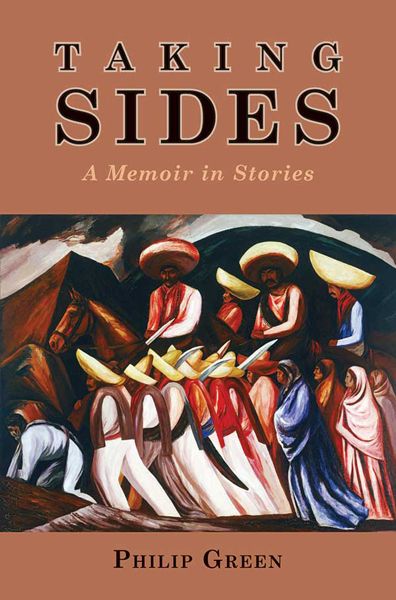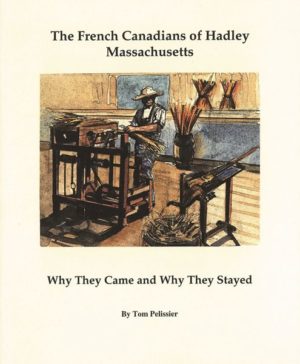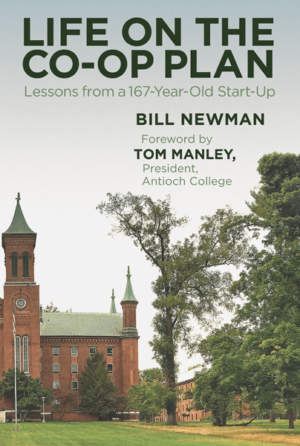From the Prologue:
I am a political philosopher by trade, but I find in my past a series of takings of positions that grew only retrospectively into something that might charitably be called a coherent political philosophy. Those positions, taken singly or collectively, seem to grow from a common origin that I will call the logic of a sensibility. As I started this memoir, I asked myself a question: what were the actual experiences of a young person who ultimately became a political dissident, whether those experiences were embraced or rejected, loved or hated; and how did they appear at the time? In looking back I have found that the youthful adventures and challenges that I recount in these pages as well as the experiences of popular entertainment and poetry, love and rage, passion and irony, all seem to express the sensibility of a Romantic. This sensibility develops into what in adulthood becomes a political philosophy. that in my own mind I have dubbed Skeptical Romanticism, and finally remains unchanged: whatever is at stake, I must always be choosing sides, always taking a stance on the inchoate but permanent Left, and always be coming to a conclusion about who are the victims and who are the victimizers, for a political philosophy that does not know who the victims are is no political philosophy at all.
“In this memoir of his political becoming, Philip Green, my oldest friend, says of grade school harassment incidents, ‘my best guess is that then and ever after I wore my heart too much on my sleeve, blurted out uncool thoughts and feelings about personal life and personhood.’ In Taking Sides, he continues to do that. Phil’s account, unfiltered and sometimes unnerving, exploits his uncanny recall of the texture (books, movies, music) of the postwar Northeastern left milieu and evokes a lost oppositional culture; and of himself in that setting, taking sides.”
—Norman Rush, author of Subtle Bodies, Mating, and Mortals.
“Philip Green delivers the years of his Jewish boyhood and young manhood from Greenwich Village to stolen freight train rides, from life in the peacetime army to the thrills of his first Paris—all in a tumble of brilliant, funny, leaping language. These sprung rhythms bring back the wild men of the fifties, the argumentative lefties of every stripe, the beats, the disaffected and the passionately enchanted in what Green calls with both constant irony and a warm nostalgia ‘the peaceful Eisenhower years.’ His deep values emerge in sharp asides, fusing all these loops of memory into both criticism of his times and recognition of ‘the sweetness of life.'”
—Ann Snitow, Director of Gender Studies, The New School. Co-editor of Powers of Desire: The Politics of Sexuality and The Feminist Memoir Project.
Philip Green is Emeritus Sophia Smith Professor of Smith College, where he taught for 34 years. His scholarly publications include Deadly Logic: The Theory of Nuclear Deterrence; The Pursuit of Inequality; Retrieving Democracy; Cracks in the Pedestal; Equality and Democracy; and Primetime Politics. His most recent publication, American Democracy: Theory, Practice, and Critique (Palgrave-MacMillan, 2014) is a collection of his essays from 1968 to 2014. He has been a member of the Editorial Board of The Nation magazine since 1975. He served in the United States Army from 1954 to 1956.










